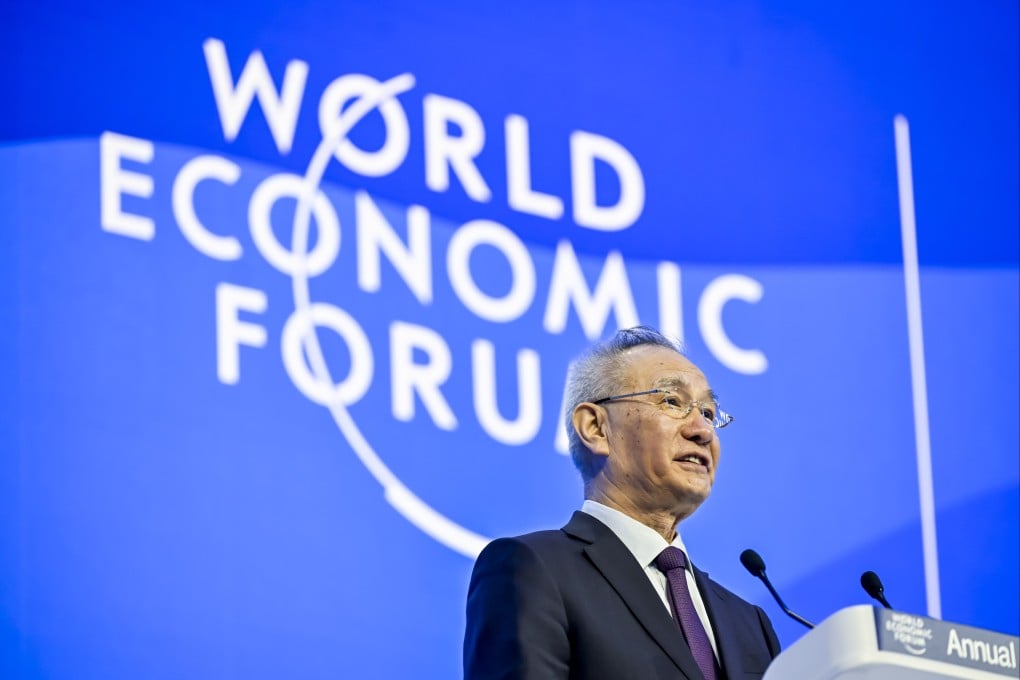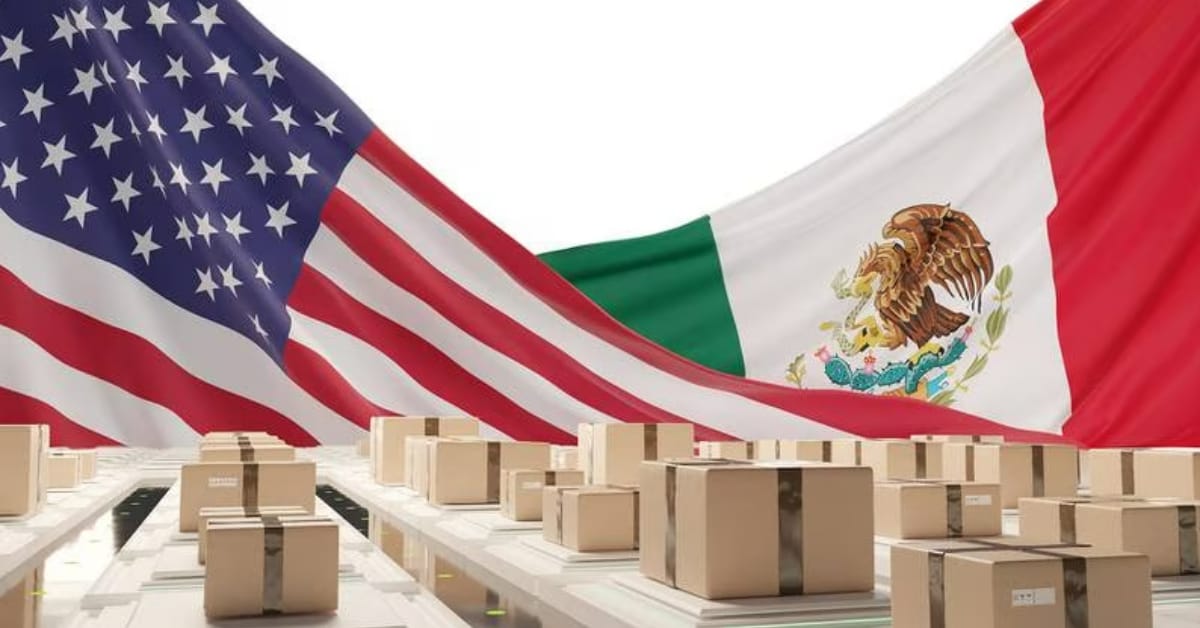Friends, buckle up! Germany just unveiled its new coalition agreement, and let me tell you, it’s a rollercoaster. After weeks of nail-biting negotiations, Olaf Scholz’s centre-left SPD and the conservatives have hammered out a deal to steer Europe’s largest economy. The stakes? Nothing less than reigniting growth in the face of a looming global trade war.

This isn’t just about patching things up; it’s a fundamental shift. We’re talking tax cuts for middle and lower-income families, corporate tax relief, and a push to lower energy prices – a direct attempt to boost spending power and business investment. Plus, a serious bet on the electric vehicle industry. And they plan to scrap a controversial supply chain law, something many businesses have been clamoring for.
But here’s where it gets interesting. They’re eyeing a reform of the ‘debt brake’ – that constitutional limit on borrowing. Critics have long argued it stifles growth, and this coalition seems ready to loosen the purse strings (which, let’s be honest, is a risky move!).
Now, let’s talk immigration. Forget the open-door policy. This government is signaling a significant hardening of its stance. Expect stricter border controls, rejected asylum seekers, and a dismantling of fast-track citizenship programs. This is a direct response to the rise of the far-right AfD party, and a clear attempt to regain control of the narrative.
And it doesn’t stop there. We’re looking at voluntary military service, a national security council, and accelerated defense procurement. This is Germany signaling it’s taking its security seriously.
Here’s a little deeper dive for those wanting the specifics:
Germany’s “debt brake” (Schuldenbremse) is enshrined in its constitution. It limits structural government deficits, aiming for balanced budgets. This was implemented after years of post-reunification debt.
Supply chain laws, like the one targeted for repeal, demand companies ensure ethical sourcing and human rights standards throughout their supply chains. Businesses often find these regulations complex and costly.
The rise of the AfD (Alternative for Germany) is a crucial factor driving the coalition’s shift on immigration. They secured a surprisingly strong showing in the February elections.
A national security council is being proposed to streamline decision-making and improve coordination on security matters across government agencies.
The CDU/CSU will control key portfolios like Economy, Foreign Affairs, and the Chancellery, while the SPD will head Finance and Defense. This power-sharing dynamic will be fascinating to watch.
Will this coalition work? Frankly, it’s a high-stakes gamble. Can they balance economic stimulus with fiscal responsibility? Can they navigate the treacherous waters of immigration policy without further fueling polarization? Only time will tell. But one thing is certain: Germany is entering a new era, and the world is watching.






